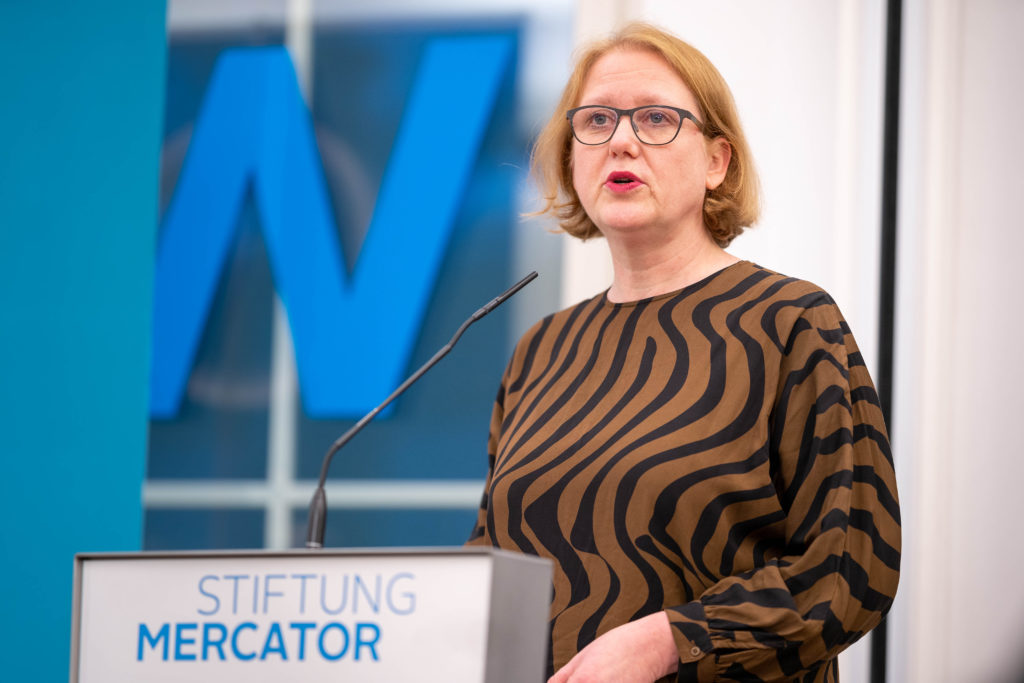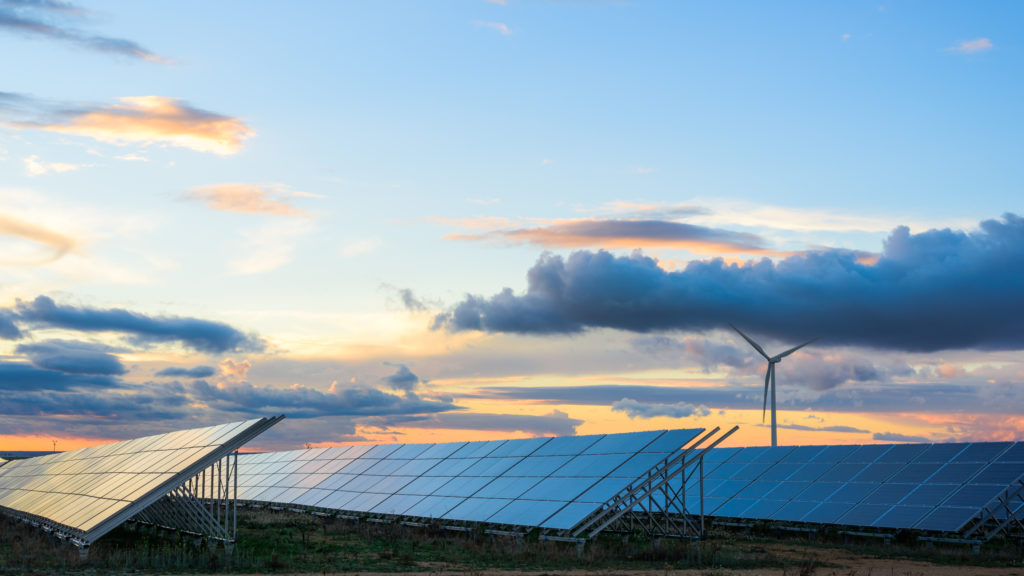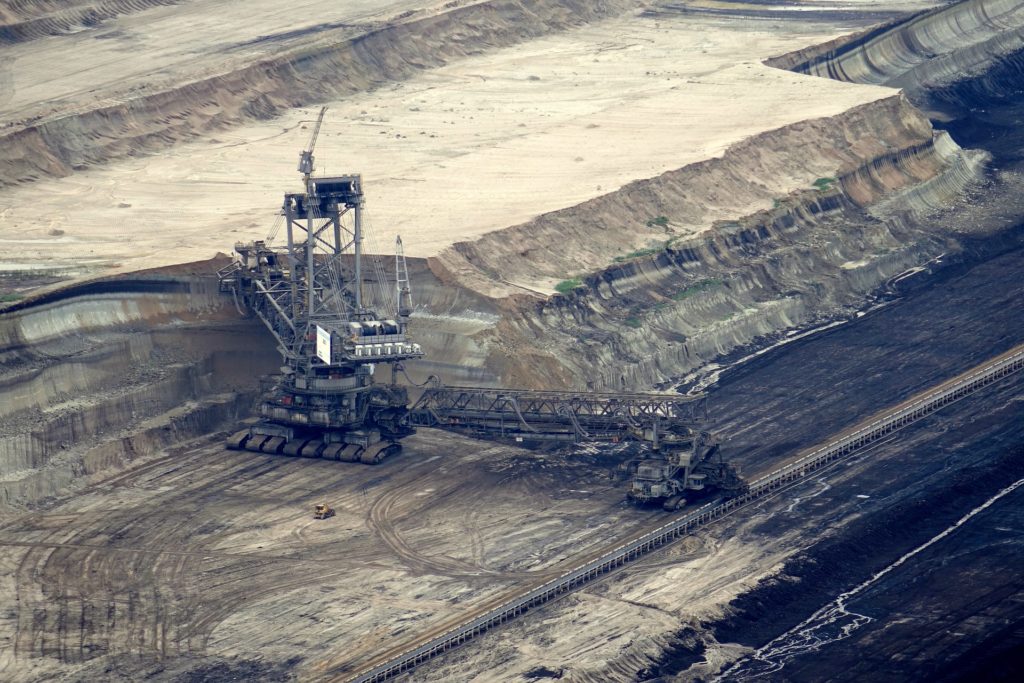Article overview
New Paradigm Papers of the Month of March
Once a month the Forum New Economy is showcasing a handful of selected research papers that lead the way towards a new economic paradigm.
Event: Is the Shortage of Skilled Workers Narrowing the Gender Pay Gap?
Is now the time for women to close the wage gap?
Empathetic Liberalism Against Deadly Seriousness
Why are liberals in crisis?
The New Paradigm Papers of the Month of February
Once a month the Forum New Economy is showcasing a handful of selected research papers that lead the way towards a new economic paradigm.
Germany After the Crises
What does Germany look like after the current crises of the century? And what do we really need to learn from the turmoil?
Recap: Prosperity in a Post-Global World – Short Cut with Rana Foroohar and Holger Görg
Has the era of globalization ended? And if so, how can we ensure prosperity in a post-global world? We invited Rana Foroohar and Holger Görg to discuss this question with us.
Tom Krebs on a US Inflation Reduction Act for Europe
What should modern climate policy look like? Why the US Inflation Reduction Act might be a good example.
Inflation as Distributional Conflict?
Where does inflation come from? On a simple question without a simple answer.
The New Paradigm Papers of the Month of January
Once a month the Forum New Economy is showcasing a handful of selected research papers that lead the way towards a new economic paradigm.
Looking Back on the Year and Forum Outlook for 2023
We take a look at what the past year has meant for us as a Forum and for all of us, and provide a glimpse into the exciting projects we are planning for 2023.
What could better EU debt rules look like? Short Cut with J. Zettelmeyer and A. Truger
For more than two years now, the EU debt rules have been suspended, which in the eyes of many critics had long been ineffective anyway. We spoke with Jeromin Zettelmeyer and Achim Truger about the latest reform proposals of the EU Commission and the Council of Economic Experts.












